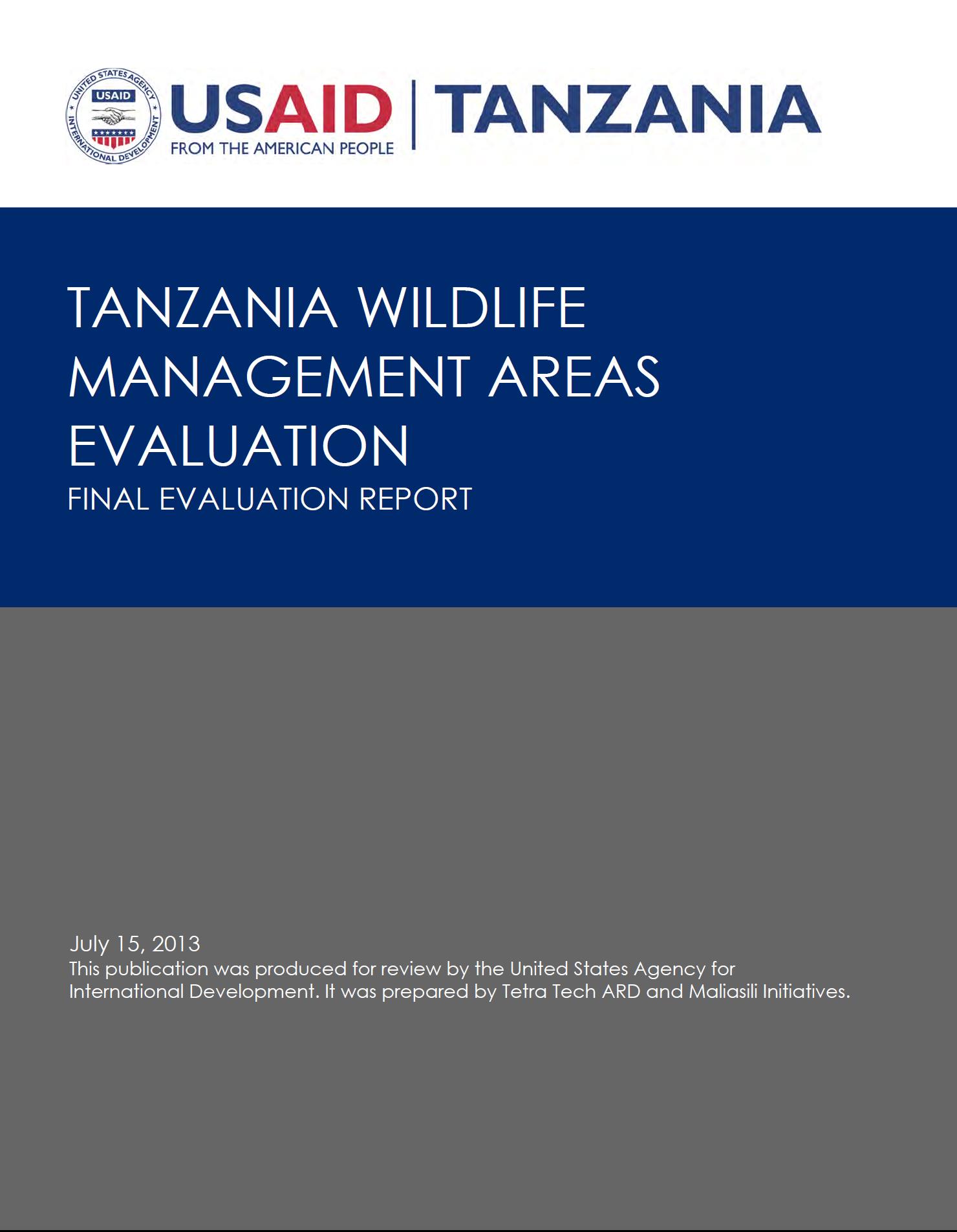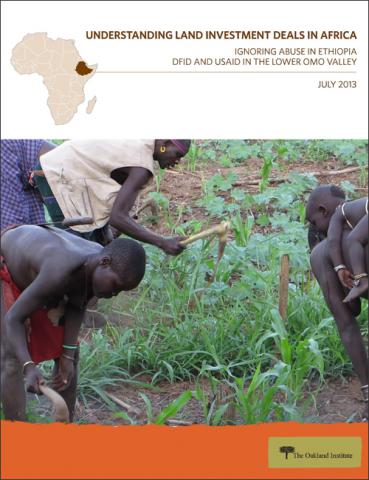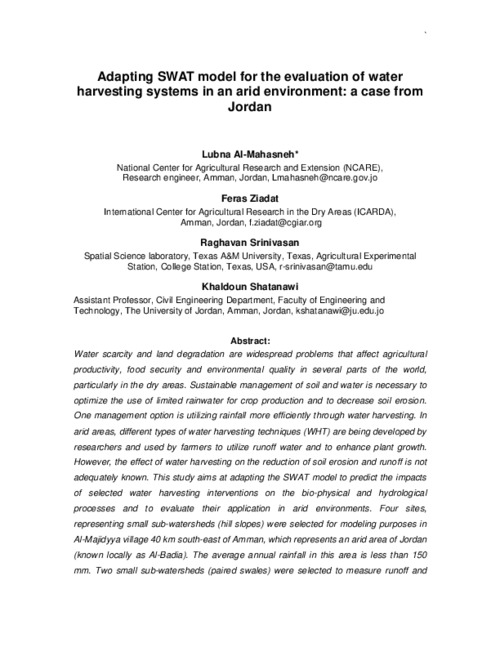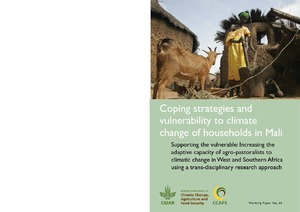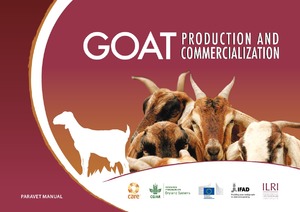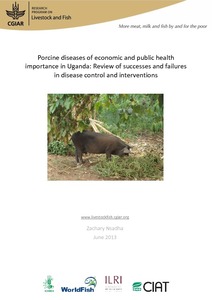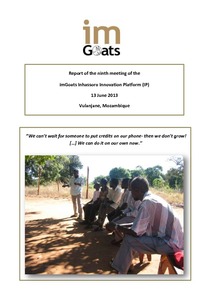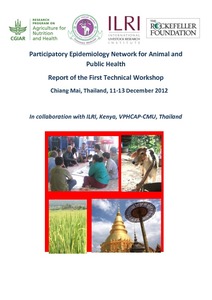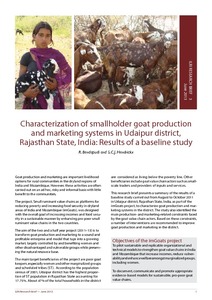Tanzania Wildlife Management Areas Evaluation
The increasing importance of the Wildlife Management Areas (WMAs) in Tanzania, where 17 WMAs are now functioning and 22 others are in various stages of development, begs the question of what successes have been achieved and what challenges remain to be addressed if this Community-Based Conservation model is to be sustained and even scaled up. There has not been a country-wide evaluation of WMAs since the pilot-phase evaluation in 2007 at a time when most WMAs were too new to yield firm projections for the long term.

